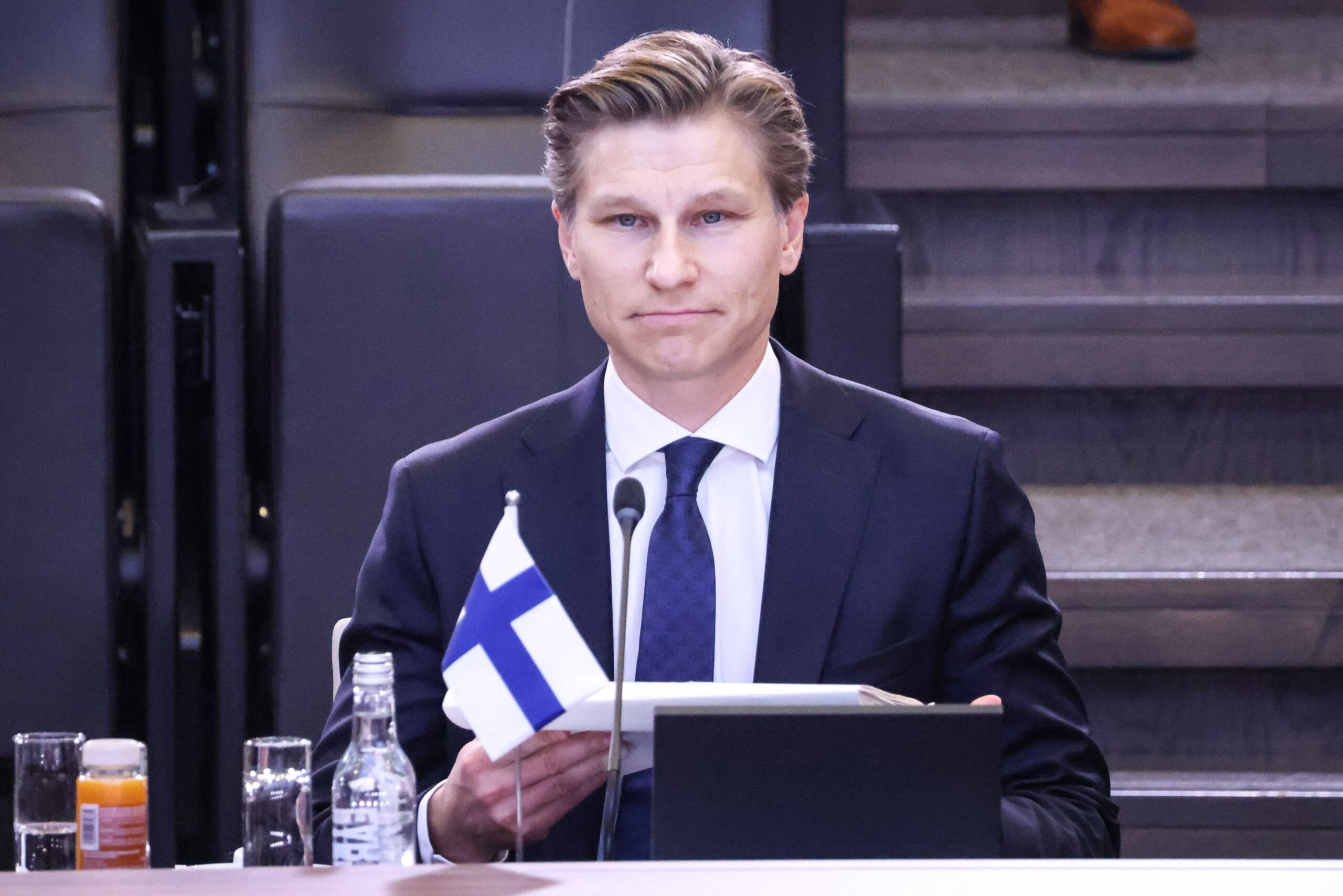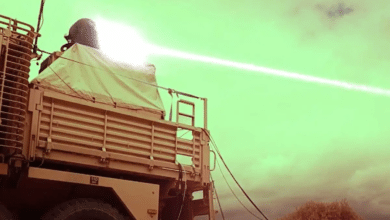
Finland has stated that Russia will remain a threat to Europe even after the end of the war in Ukraine
Finland has stated that Russia will remain a threat to Europe even after the end of the war in Ukraine. This assessment underscores a growing consensus among European nations, particularly those sharing borders with Russia, that the geopolitical landscape has fundamentally shifted due to Moscow’s aggressive policies.
Key Points from Finland’s Statement
- Long-Term Threat Perception:
- Finnish officials assert that regardless of the outcome in Ukraine, Russia’s underlying strategic ambitions and capacity for military aggression pose an enduring risk to European security.
- Finland’s position reflects concerns that Russia’s authoritarian governance, expansionist tendencies, and military modernization will not diminish with a cessation of hostilities in Ukraine.
- Historical Context:
- As a country with an 830-mile (1,340 km) border with Russia and a history of conflict (e.g., the Winter War of 1939-40), Finland has always been cautious about Moscow’s intentions.
- The invasion of Ukraine in 2022 reinforced longstanding anxieties, prompting Finland to abandon its historical neutrality and join NATO in 2023.
- Military Buildup:
- Finland is enhancing its defense capabilities, including investments in:
- Modern weaponry such as U.S.-made F-35 fighter jets.
- Strengthened military infrastructure along its border with Russia.
- Expanded cooperation with NATO allies for joint exercises and intelligence sharing.
- Finland is enhancing its defense capabilities, including investments in:
- Russian Military Doctrine:
- Russian military strategy, characterized by a willingness to use force to achieve geopolitical goals, remains a concern.
- Even if weakened by the Ukraine conflict, Russia retains a significant nuclear arsenal and the ability to rebuild its conventional forces.
Broader European Concerns
- Eastern Europe and the Baltics:
- Nations like Estonia, Latvia, Lithuania, and Poland share Finland’s assessment. These countries are wary of potential Russian provocations and hybrid threats such as cyberattacks, disinformation, and border incursions.
- NATO’s Eastern Flank:
- NATO has ramped up its presence on the eastern flank, with enhanced battlegroups in multiple countries to deter Russian aggression.
- The alliance’s recent expansion to include Finland (and soon Sweden) represents a significant strategic shift, strengthening collective defense.
- Energy and Economic Security:
- Europe has reduced its dependence on Russian oil and gas to mitigate vulnerabilities, but the economic repercussions of the Ukraine war continue to impact European markets.
Finland’s Strategic Response
- Closer NATO Integration:
- Since joining NATO, Finland has participated in joint defense initiatives and planning, solidifying its security guarantees.
- Strengthened Border Defenses:
- Finland is reinforcing security infrastructure along its extensive border with Russia, including new border barriers and surveillance systems.
- Enhanced Intelligence Cooperation:
- Close collaboration with NATO and Western intelligence services to monitor and anticipate Russian activities.
International Reactions
- NATO’s Unified Stance:
- NATO Secretary General Jens Stoltenberg has echoed Finland’s view, emphasizing that Russia’s threat to European security extends beyond Ukraine and requires a long-term strategic response.
- Russia’s Counter-Narrative:
- The Kremlin dismisses these claims as Western propaganda, accusing NATO of militarizing Europe and escalating tensions.
- Support for Ukraine:
- Finland continues to advocate for strong military and financial support for Ukraine, arguing that Ukrainian resistance is critical for containing Russian ambitions.
Conclusion
Finland’s assertion that Russia will remain a threat to Europe underscores a shift in Europe’s security mindset. Even after the Ukraine war concludes, the strategic challenge posed by Russia is likely to endure, driving ongoing defense investments, NATO cooperation, and vigilance among European nations. This new era of security dynamics has reshaped alliances and strategic priorities, ensuring that Russia’s role in the region remains a focal point of concern for years to come.
